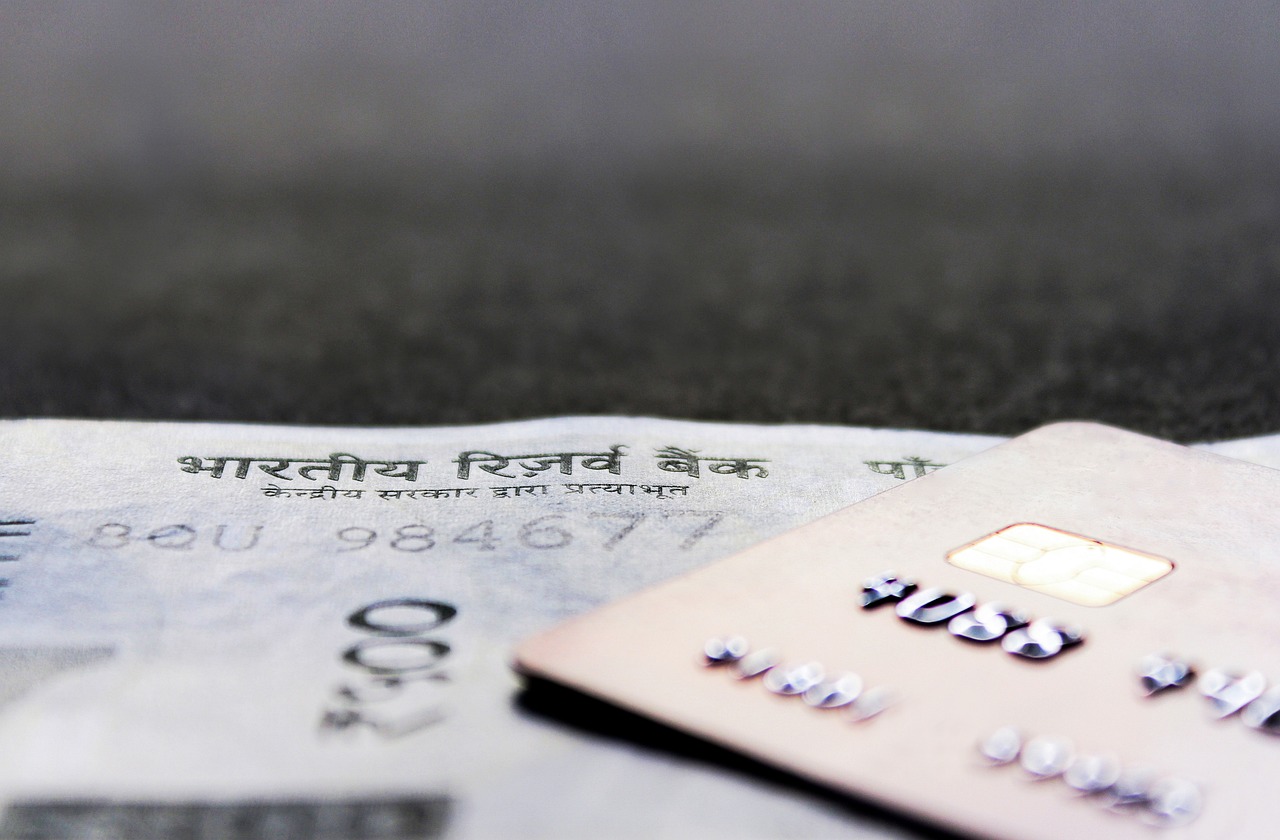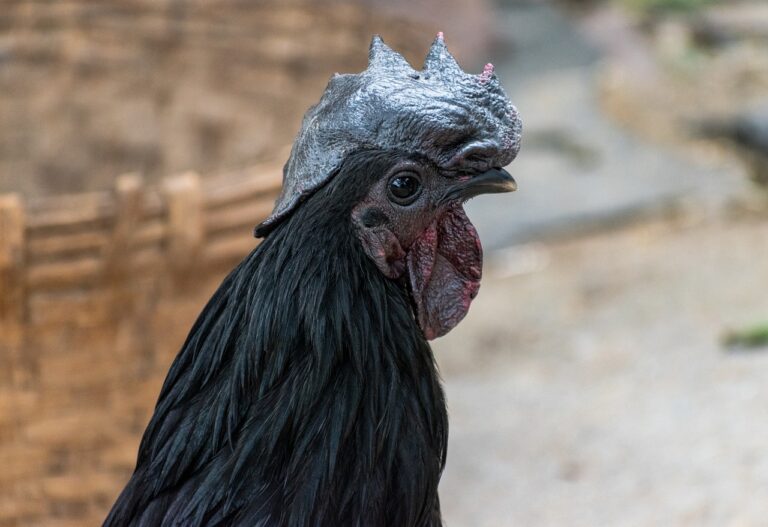The Role of NGOs in Monitoring Elections: Allpaanel mahadev book, Lotus book 365 registration, Laserbook 247
allpaanel mahadev book, lotus book 365 registration, laserbook 247: The Role of NGOs in Monitoring Elections
Elections play a crucial role in shaping the future of a country, ensuring that the voice of the people is heard and reflected in the government. However, for elections to be truly democratic and transparent, it is essential to have mechanisms in place to monitor and ensure their fairness and credibility. This is where Non-Governmental Organizations (NGOs) step in.
NGOs play a vital role in monitoring elections, ensuring that they are free, fair, and transparent. They act as independent watchdogs, keeping a close eye on the entire electoral process to detect any irregularities or malpractices that could compromise the integrity of the elections. Here are some key ways in which NGOs contribute to monitoring elections:
1. Voter Education
NGOs play a crucial role in educating voters about their rights and responsibilities, as well as the electoral process itself. They conduct voter education campaigns to ensure that voters are informed about how to cast their votes, what to expect on election day, and how to report any irregularities they may witness.
2. Observation Missions
NGOs often deploy observation missions to monitor the entire electoral process, from voter registration to the announcement of results. These missions include trained observers who visit polling stations, monitor the voting process, and report any irregularities they observe to the relevant authorities.
3. Election Monitoring
NGOs also play a role in monitoring elections by analyzing key aspects of the process, such as media coverage, campaign finance, and the conduct of political parties. They assess whether the elections were conducted in accordance with international standards and best practices, and publish reports highlighting any shortcomings or violations.
4. Advocacy and Legal Support
NGOs advocate for electoral reforms and work to strengthen the legal framework governing elections. They provide legal support to individuals or groups who may have been disenfranchised or faced intimidation during the electoral process, ensuring that their voices are heard and their rights protected.
5. Voter Hotlines
NGOs often operate voter hotlines where voters can report any irregularities or issues they encounter during the elections. These hotlines provide a valuable channel for voters to raise concerns and for NGOs to gather data on potential violations that need to be addressed.
6. Building Capacity
NGOs also work to build the capacity of local organizations and individuals to monitor elections effectively. They provide training and resources to help them become informed and active participants in the electoral process, contributing to a more transparent and inclusive democracy.
In conclusion, NGOs play a crucial role in monitoring elections, ensuring that they are free, fair, and transparent. Their efforts help to safeguard the integrity of the electoral process, hold authorities accountable, and empower citizens to participate actively in their democracy.
FAQs
Q: How do NGOs ensure their independence in monitoring elections?
A: NGOs maintain their independence by refusing any funding or support that may compromise their impartiality. They disclose their sources of funding and operate transparently to build trust with the public.
Q: What happens if NGOs detect irregularities during an election?
A: If NGOs detect irregularities during an election, they report them to the relevant authorities, such as election commissions or law enforcement agencies. They may also issue public statements and press releases to raise awareness about the issues they have identified.
Q: Can NGOs intervene during elections?
A: NGOs do not intervene directly in elections but instead serve as watchdogs and advocates for electoral integrity. Their role is to monitor the process, report any issues they observe, and advocate for reforms to improve the electoral system in the future.







